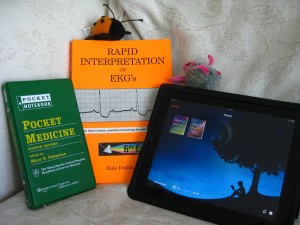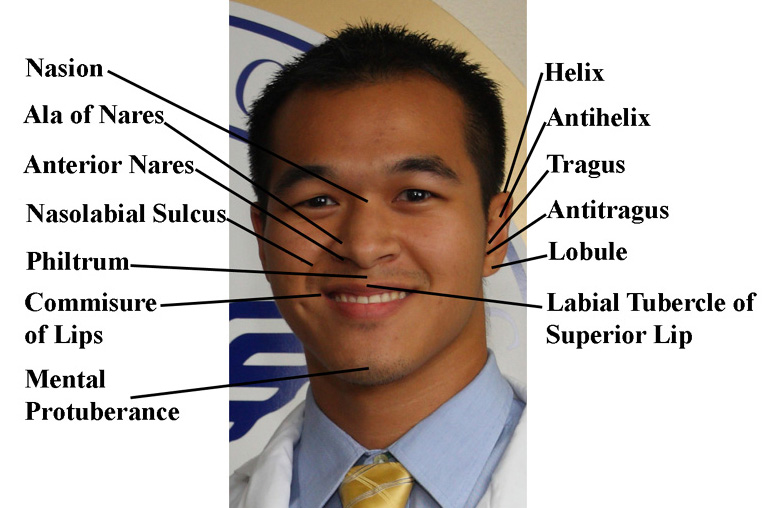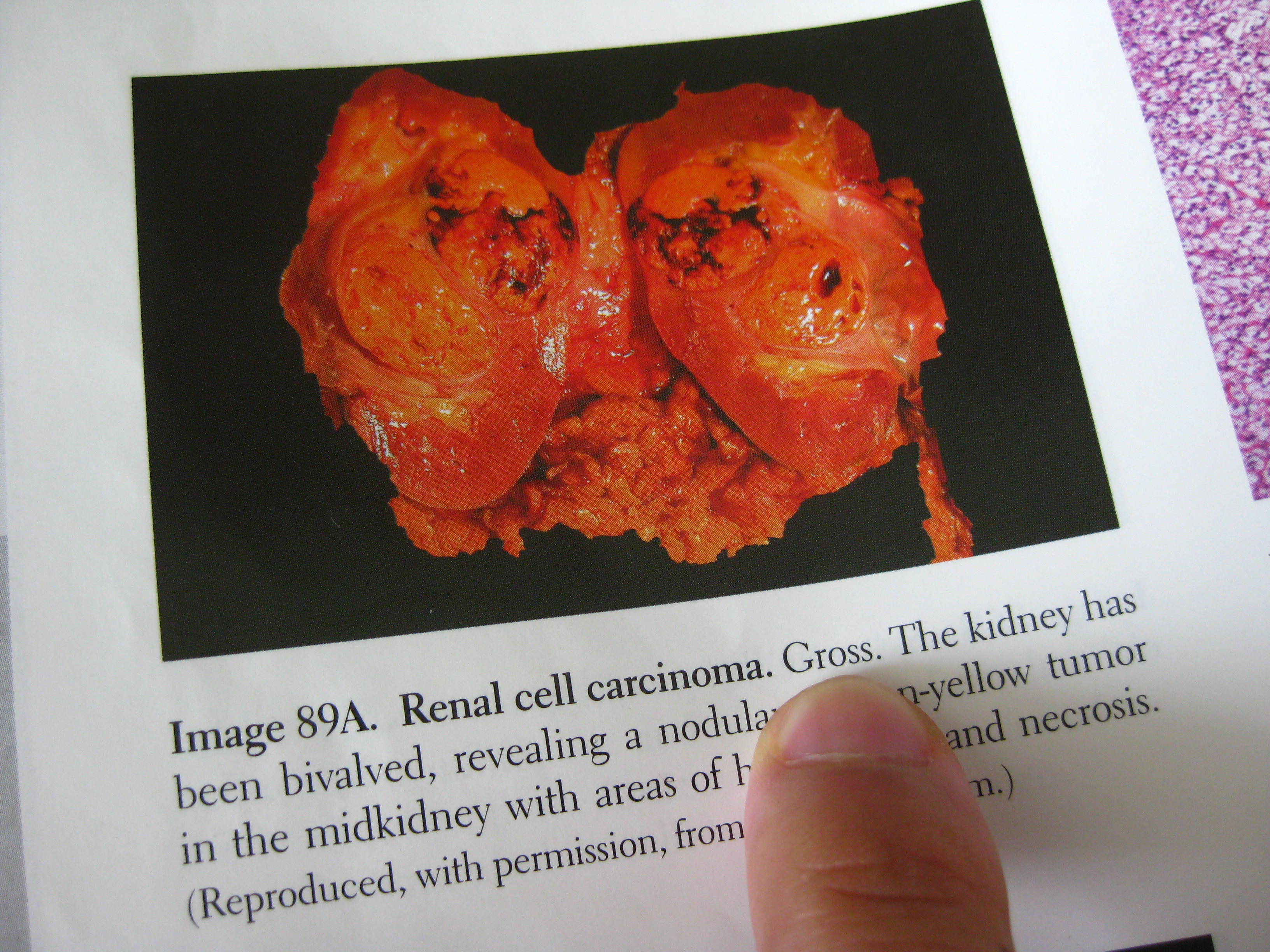The Waiting Game

Now that the step is over, I’m playing the waiting game… waiting to schedule my rotations and waiting to start clinicals. I feel like this entire semester has been a semester of anxiety: I’ve been anxious while studying, anxious during the test, anxious after the test, anxious waiting for scores, and just when I think I get a brief moment of relief after getting my scores, I’m anxious again as ever, starting this entirely new phase in my med school career. But nevertheless, I’m pretty excited and looking forward to it.
It’s strange not needing to study again for a while. In the meantime, to get my anxiety off, and to pass the time, I’ve taken up a few activities:
1. Brushing up on my Spanish
As I am aiming to rotate in Miami, I feel it is a good investment of my time to brush up on my Spanish, as many patients here speak Spanish as their first language. In fact, Miami is unique among the major cities in the United States in that the majority of its residents speak another language besides English at home. While most everyone can speak English, 67% also speak Spanish and 5% speak Haitian Creole. Only 25% of the residents of Miami speak only English as their first language. Therefore, it’s a bonus if I am competent in Spanish.
I have taken Spanish in middle and high school, and while growing up, my parents understood the benefits of starting language education early, and hired local college students to teach my brothers and I Spanish several times a week for many years, starting when I was young. Ever since high school, I had the opportunities of traveling and using Spanish in countries like Mexico, Guatemala, and Puerto Rico, and I also volunteered in a pediatric clinic where the majority of patients were Spanish speakers, and so I had never really forgotten Spanish.
I’d like to go beyond simple conversational Spanish since I will be conducting entire interviews as well as educating patients, and to do this, I would need better fluency. On the island, I’ve participated in Latino Medical Student Association’s Medical Spanish Workshops where I’ve practiced conducting entire interviews in Spanish (which was quite challenging for me). I’ve also been reading a few blogs in Spanish as well as using Spanish whenever I can here in Miami. I also downloaded this app on iPad that helps me in medical Spanish.
2. Studying
Following advice from some of my friends who are already in clinicals, I’ve bought a few books that would come handy during my clinical years:
- Step-Up to Medicine (Step-Up Series)
— This is the book that I hear “everyone” is using to prepare for the internal medicine shelf. I hear that it is also very useful for other fields as well.
- Step-Up to USMLE Step 2 (Step-Up Series)
— oh my goodness… studying for Step 2 already?? Many people have told me while First Aid for the USMLE Step 1 was awesome in preparing you for Step 1, First Aid’s Step II prep book doesn’t nearly do the same job. It seems like the book that more people prefer is Step Up to Step 2. Like First Aid, it’s well organized and comes with a lot of mnemonics and charts, but it also seems like it has more practical detail, which is what is more important in clinicals.
- USMLE World Step 2 — like USMLE World for Step 1, this is a question bank that will help me prepare for my shelves and Step 2. For Step 1, I made the mistake of starting too late on doing questions. This time, I’m going to start early on questions, so I can go through them at least once.
- Rapid Interpretation of EKG’s, Sixth Edition
— We’ve been learning about EKG’s for a long… there was the EKG workshop that AMSA puts on every semester. There was Dr. Lewis’s lectures from Physio I during second semester. And then more EKG during Path, ICM, and Step studying. Although during our first two years of med school we have had a lot of exposure to EKG’s, it still takes me some time and effort to interpret an EKG. What I want is to develop a “rapid interpretation” of EKG’s, as the title of the book says. Apparently this book is very helpful in solidifying your practical knowledge of using EKG’s in the clinical setting.
- Pocket Medicine: The Massachusetts General Hospital Handbook of Internal Medicine (Pocket Notebook Series)
— This is a handy little spiral-bound pocket guide with info that you can look up on the spot during your clinicals. Again, this is something that “everyone” tells me to get.
3. Wedding Planning
Although Irene and I legally got married in the courthouse earlier this semester, we’re having a traditional ceremony and celebration with close friends, family, and relatives from abroad. I’ve been in charge with making the website, finding a photographer, finding hotels for our guests, and more. Planning can be hectic, but it can be fun too, and I’m glad that I’ve been blessed with having a “break” to work on the wedding with Irene.
4. Piano
When I was on the island, I’ve always said there were two things I missed. One is, of course, Irene, and the second is my piano. It’s finally great to be back with Irene again. When I went home to Georgia this past Thanksgiving, I also finally got to see my digital piano again. After some struggle, we managed to fit it in Irene’s car and brought it back down to Miami, so I can play it whenever I want to. Most of the time, I like to improv and play by ear, but sometimes, I also like learning new pieces. Currently, the pieces I am working on right now are:
- Prokofiev’s “Diabolique Suggestions” — I played this Prokofiev piece when I was in high school. The piece sounds hideous to the ears but I find it so fun to play that I’ve decided to re-learn it.
- Liszt’s “Un Sospiro” — This is a piece I half-learned before I came to med school. Now, I’m picking off where I ended and trying to learn the rest. This piece is absolutely beautiful and with all the hand crossing-overs in this piece, it’s also fun to play.
Cheers,
Benji














It seems like you are starting your clinical rotations in January. Did you start medical school also in January?
It’s pretty cool that you’re trying to learn Spanish. I am trying to become fluent in it. I spent about a month in Guatemala and it helps. But then I forget a lot of it when I try to stuff all that medical knowledge into my head. Anyways, I’ll be checking up on your blog regularly.
I look forward to see what works in terms of clinical rotations (which I will be starting in the coming summer) and Spanish-learning.
Hi Alex,
I’d love to become fluent in Spanish too. It’s so cool you were in Guatemala for a month… I was there for 5 days during one of my spring breaks and I absolutely loved it there. Definitely, it’s different learning a language in the classroom and then using it. I definitely feel like the best way to learn Spanish is to use it. Anyways, I started med school September 2009, and will be starting clinical rotations in a few days. I’ll definitely update my experiences in clinicals on this blog.
By the way, nice website you have there.. very useful for prospective med students!
Benji
Hi Benji!
First off, Congrats on your recent match! I just finished writing my STEP 1 and am currently experiencing the anxiety of waiting for my score. Now that you’re done with all the STEPs would you still recommend using these books to study for the clinical shelf exams and STEP 2?
Thanks a bunch for making such a blog, so helpful!
SJ
Hi SJ,
Thanks! And congratulations to you too on finishing the Step 1! Despite the list above, the resources that I actually ended up using the most are (in no particular order):
1. USMLE World QBank for Step 2 CK — by far my primary resource for Step 2 CK studying.
2. Step Up to Medicine — great for IM rotation and shelf, FM, medicine electives.
3. Rapid Interpretation of EKGs — very very important to know how to read EKGs.
4. Step 2 Secrets — easy to read, covers highest yield topics.
5. Blueprints OB/Gyn — best book for Ob/Gyn rotation and shelf
6. Surgical Recall — for surgery rotation and shelf
7. First Aid for Step 2 CS — absolute best book for CS!!
I ended up not using Step Up to Step 2 all that much… afterall a lot of the material overlaps with Step Up to Medicine. I also didn’t use my green Mass General pocket guide to medicine all that much. I found it hard to navigate, the pages rip easily, and it was just easier for me to look stuff up on the MedScape and the MicroMedex apps on my iPhone. Other books to consider for Step 2 studying is Master the Boards, as well as Case Files series for the different specialties, which I hear are great, even though I didn’t use them.
Overall, I think there’s a lot of variation as to what people find useful, since people have different preferences and study styles. Just pick a few books and stick with them.
Here’s an updated books recommendation list: http://www.caribbeanmedstudent.com/2012/07/books-for-clinical-rotations/
Hope you get good news!
Benji
Thanks so much! Do you have any other advice while I’m waiting for my score?
Hi SJ,
First, get some rest and celebrate! Next, go ahead and get your titers done if you haven’t already. Also look into the different clinical sites to see which ones you may have preference for, so that when you find out the availability with your clinical advisor, you can make scheduling decisions faster and easier.
Also check out http://www.caribbeanmedstudent.com/2012/01/clinical-registration-checklist/ (Start from Step #9!) 🙂
Best,
Benji